


Emergency Medicine
Learn Point-of-Care Ultrasound for Emergency Medicine
Build Critical Speed and Accuracy with Emergency Medicine POCUS Training
In emergency care, every second matters. Point-of-Care Ultrasound (POCUS) gives emergency clinicians immediate, actionable insight at the bedside. Whether assessing trauma, confirming a diagnosis, or guiding a procedure, POCUS supports faster decisions and better outcomes. GUSI’s Emergency Medicine POCUS training gives providers the skills and confidence to use ultrasound where it matters most.



Global Ultrasound Institute proudly works with top universities, institutions and medical facilities across the United States and around the world
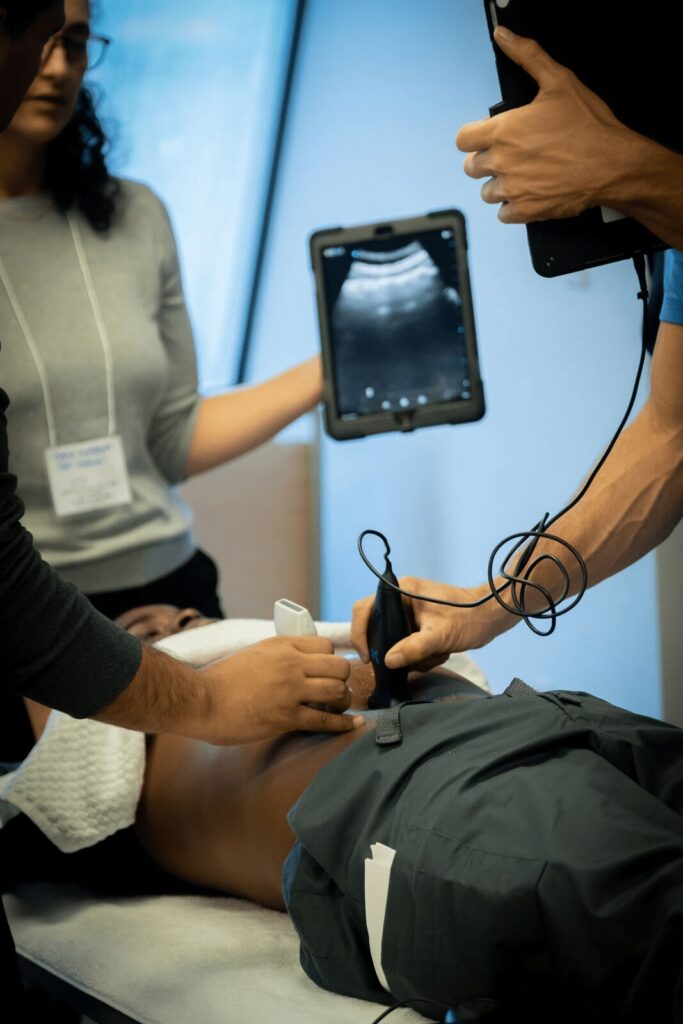
Why POCUS Matters in Emergency Medicine
Emergency medicine requires rapid, high-stakes decision-making. POCUS provides real-time answers during critical moments, helping clinicians assess trauma, guide interventions, and triage effectively. From undifferentiated shock to shortness of breath or abdominal pain, POCUS improves speed, accuracy, and confidence in emergency care.
Delayed Imaging in Critical Situations
Limited Access to Imaging During Off-Hours
High Volume of Undifferentiated Complaints
Need for Procedural Precision
Benefits of POCUS for
Emergency Medical Professionals

Clinical Skills & Patient Outcomes
- Make faster, more accurate decisions under pressure
- Improve safety during bedside procedures
- Reduce diagnostic uncertainty in high-risk cases

Professional Development
- Earn CME credits through targeted POCUS training
- Strengthen key ultrasound skills for emergency care
- Build leadership in emergency care delivery
💼
Revenue & Operational Efficiency
- Decrease reliance on radiology for common scans
- Shorten length of stay through faster diagnostics
- Increase billable procedures with ultrasound guidance
Real-World POCUS Use Cases in Emergency Medicine

Trauma Triage with FAST Exam
POCUS allows providers to perform a focused assessment for internal bleeding within seconds of patient arrival. It helps identify peritoneal or pericardial fluid quickly and supports early decisions on surgical consultation or advanced imaging.
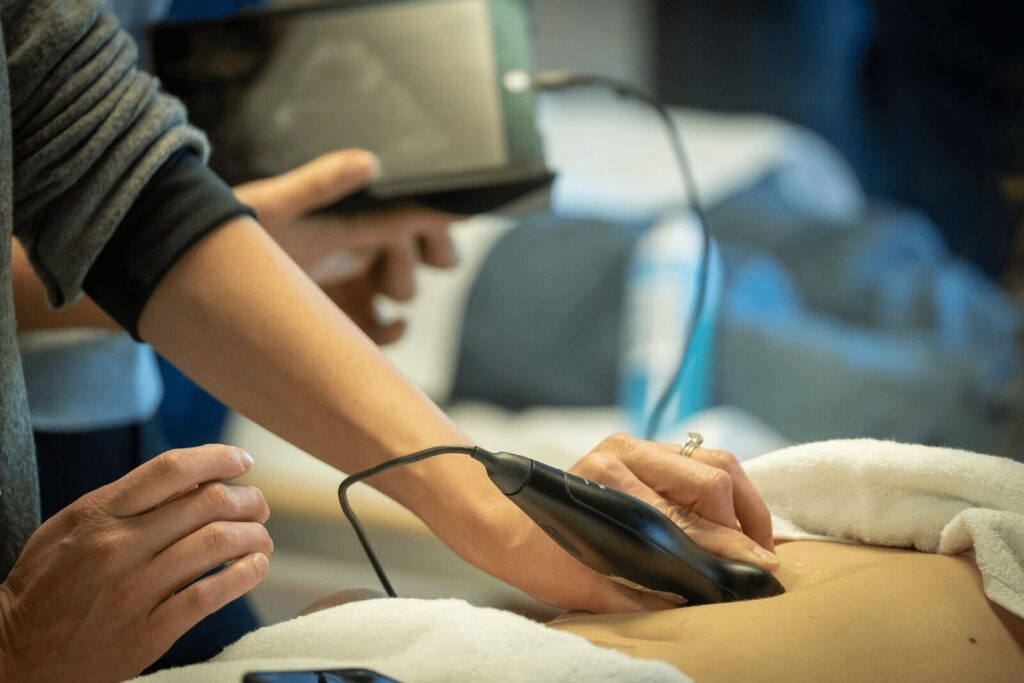
Cardiac and Shock Evaluation
POCUS helps differentiate between cardiogenic, hypovolemic, and obstructive causes of shock right at the bedside. It allows emergency clinicians to assess heart function, volume status, and tamponade in real time without waiting for formal imaging.
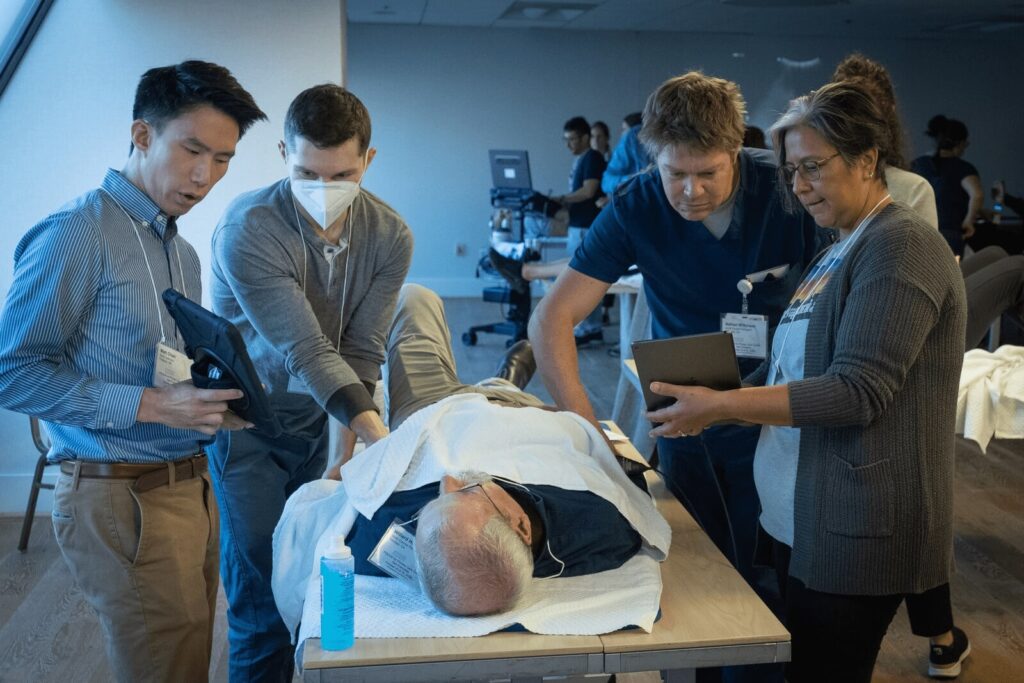
Procedural Guidance for Safety
Ultrasound guidance increases precision and safety for a variety of emergency procedures. It improves success rates for central venous access, reduces complications, and is essential for procedures like thoracentesis, paracentesis, and abscess drainage.
VS
Recommended POCUS Courses for Emergency Medicine
view all courses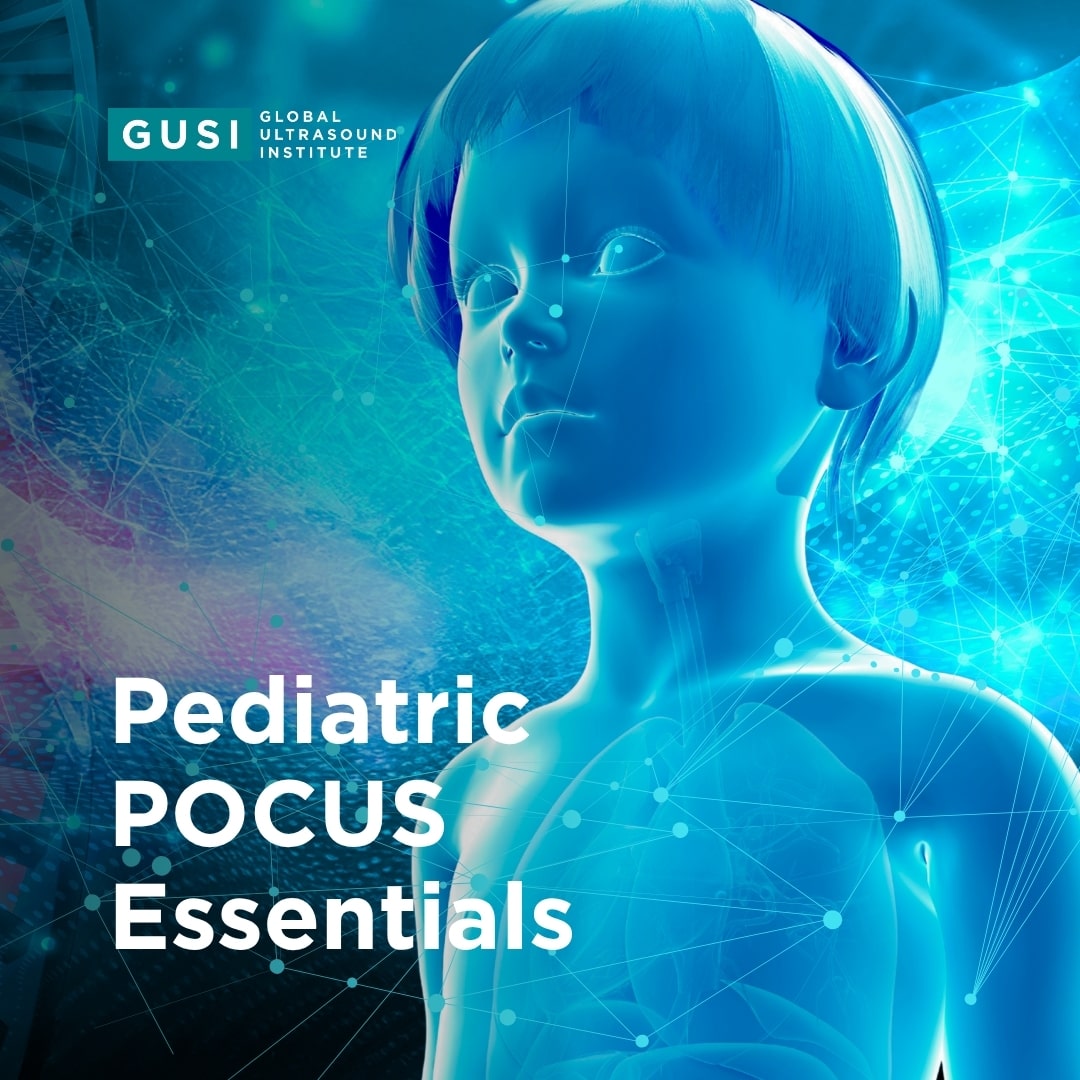
Pediatric POCUS Essentials Course
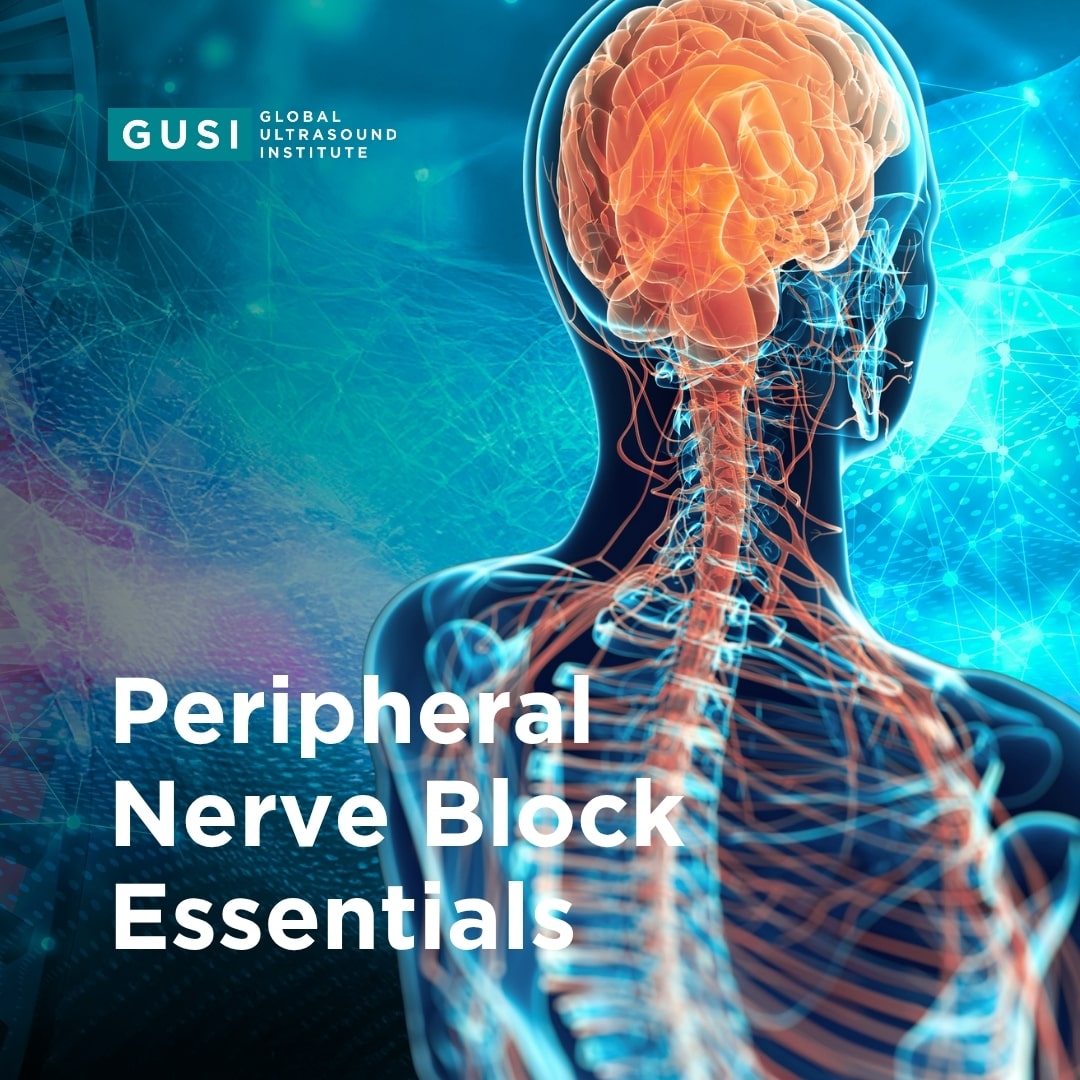
Peripheral Nerve Block POCUS Essentials
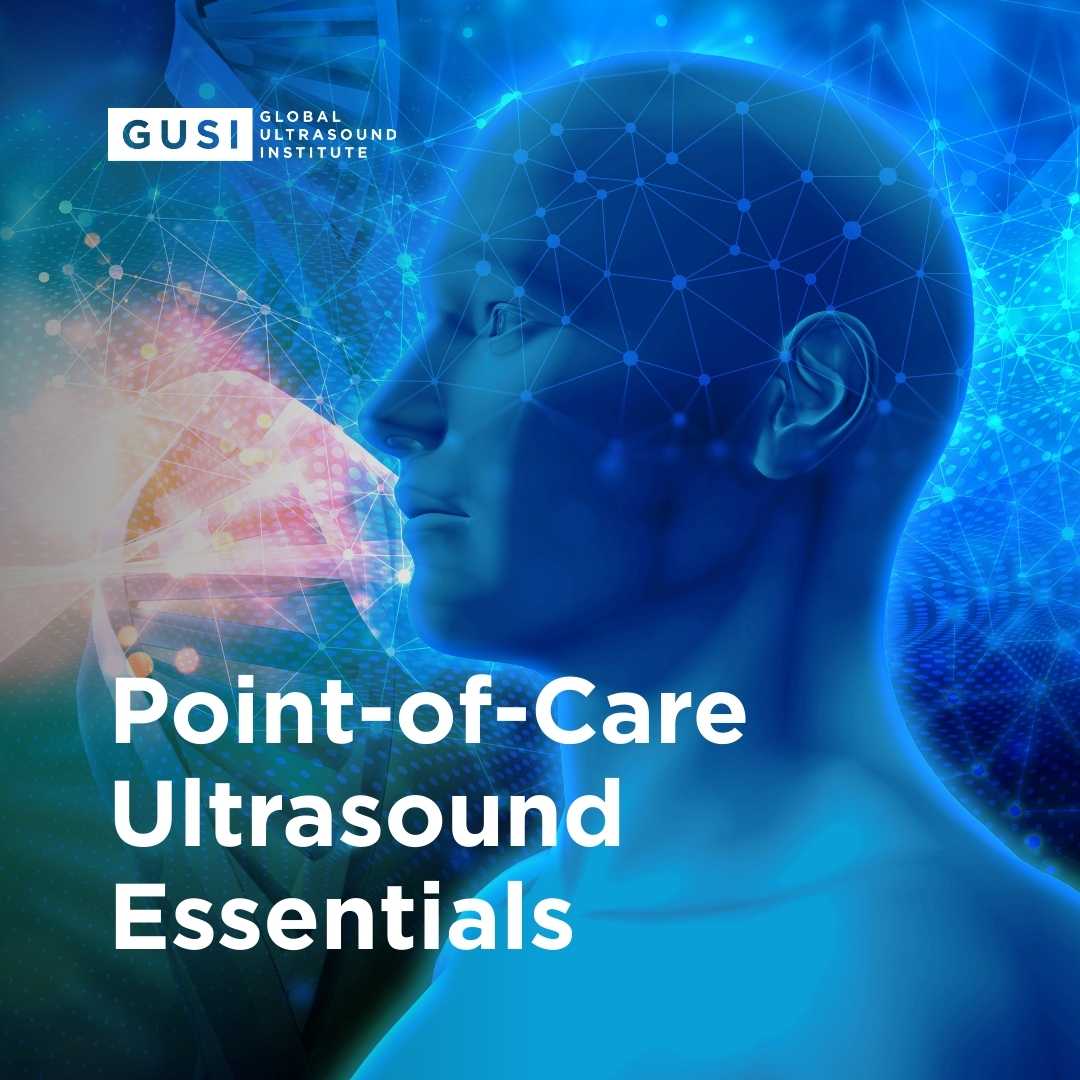
Point of Care Ultrasound Essentials Course
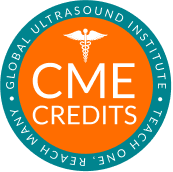
CME Accreditation & Certification
Many GUSI courses are accredited for continuing medical education (CME) and include a digital certificate upon completion. Gain recognized credentials that support your clinical excellence and career advancement.
POCUS and Financial Impact
Lower Imaging Costs
Boost Revenue Opportunities
Increase Practice Profitability
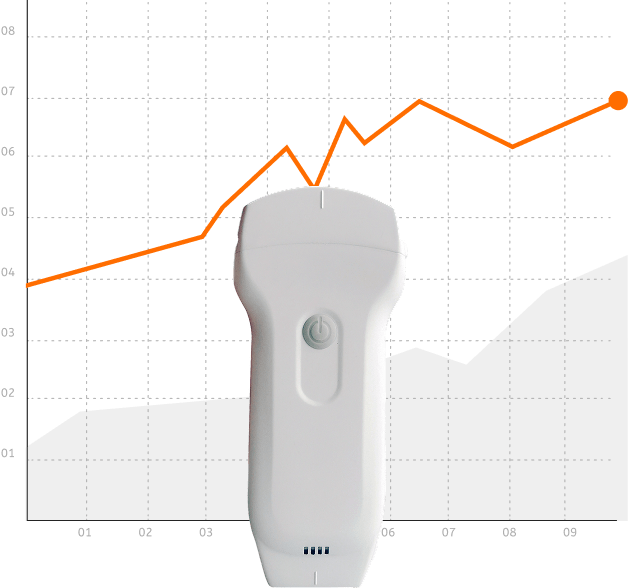
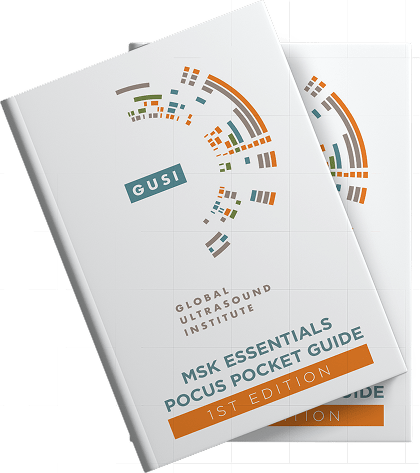
FREE DOWNLOAD
[Specialty] POCUS Pocket Guide
Get your free mini-guide with key POCUS protocols and quick-reference visuals for [Specialty]. Perfect for bedside use and reinforcing your training!
Explore Related Specialties
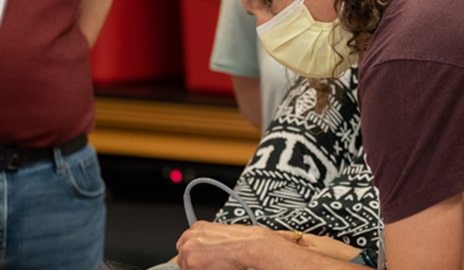
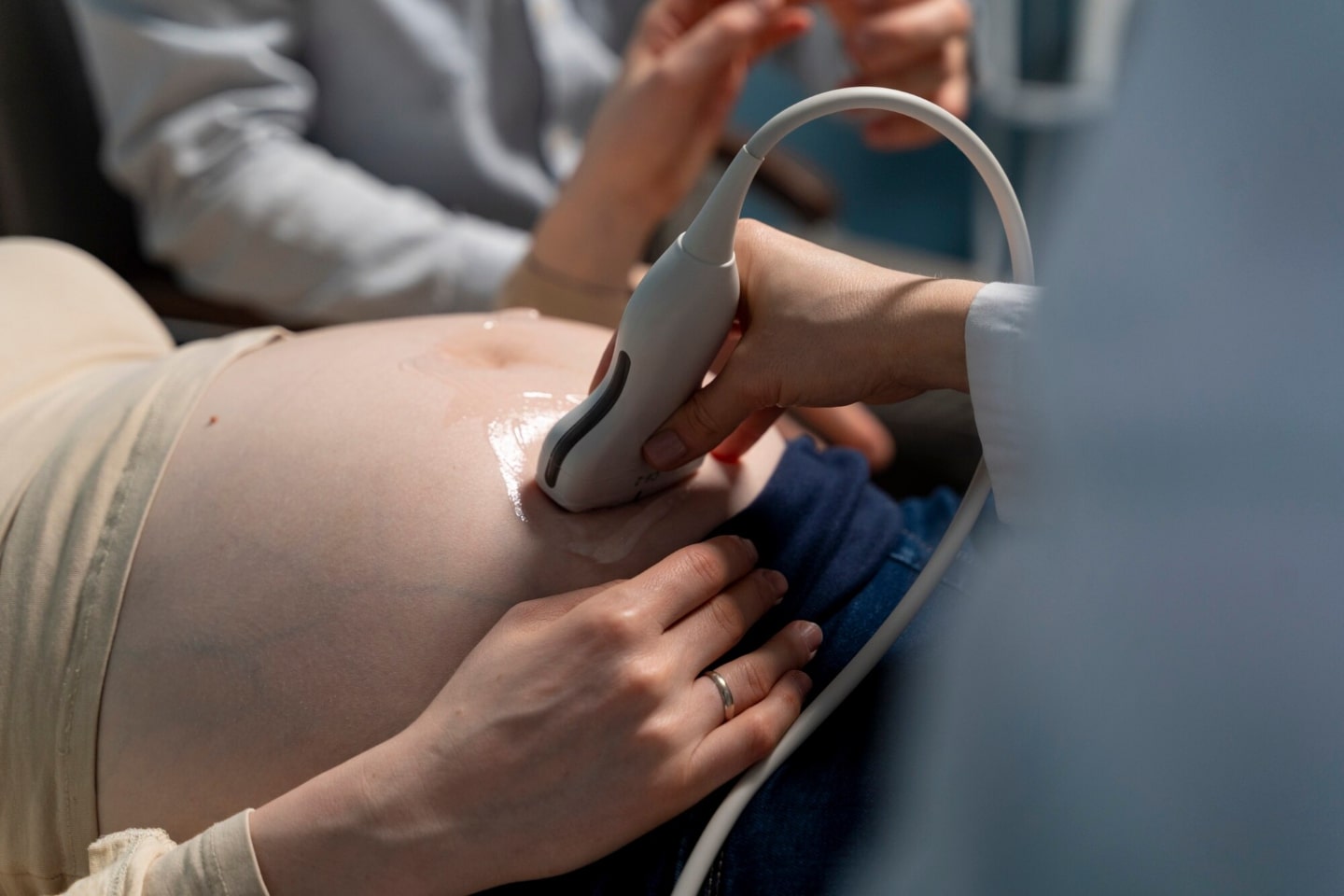
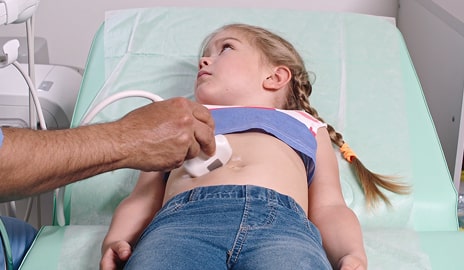

Ready to Take the Next Step?
As a [Specialty] clinician, POCUS has completely changed how I practice. GUSI’s training gave me the confidence to make faster, more accurate decisions for my patients.

JONATHAN DOE
Let’s help you get started.
Many GUSI courses are accredited for continuing medical education (CME) and include a digital certificate upon completion. Gain recognized credentials that support your clinical excellence and career advancement.














